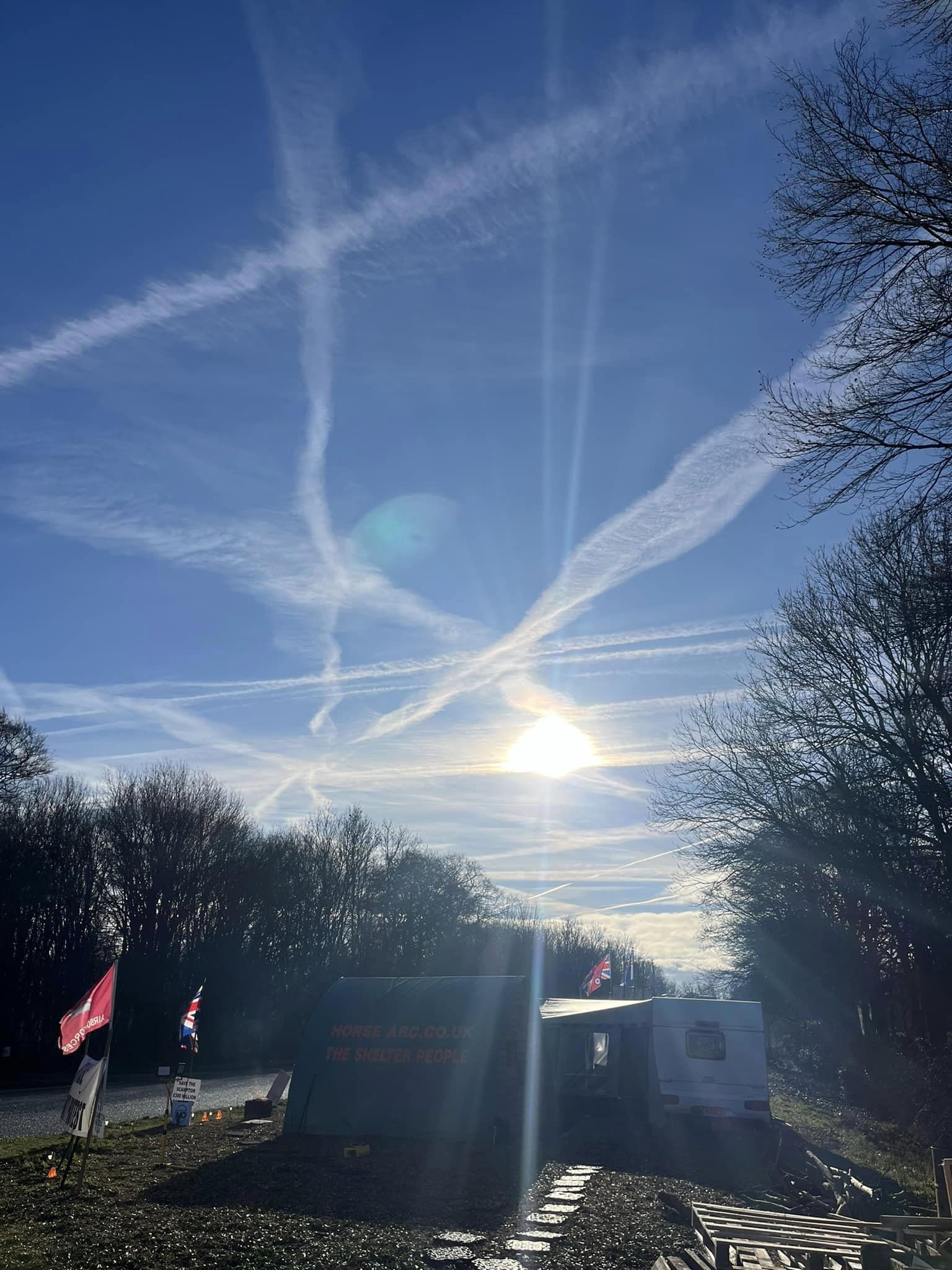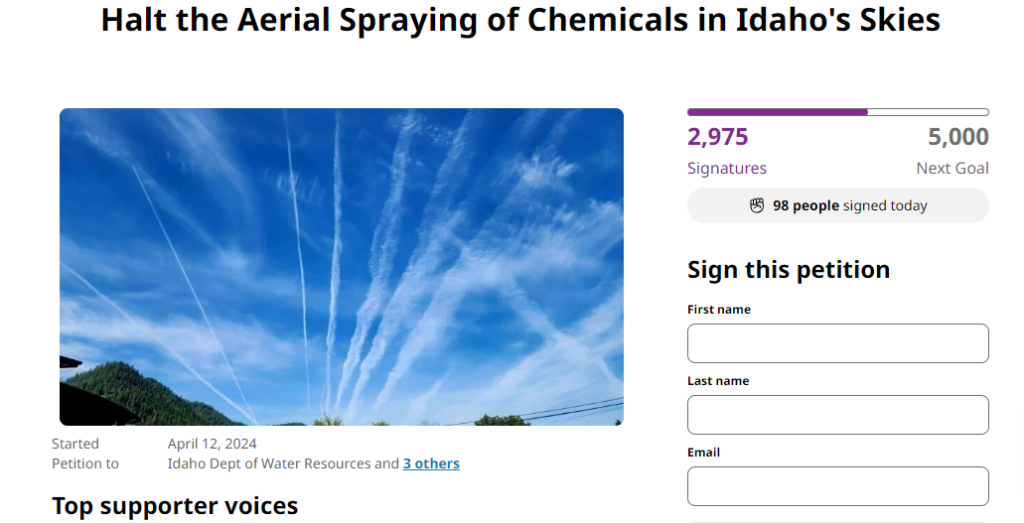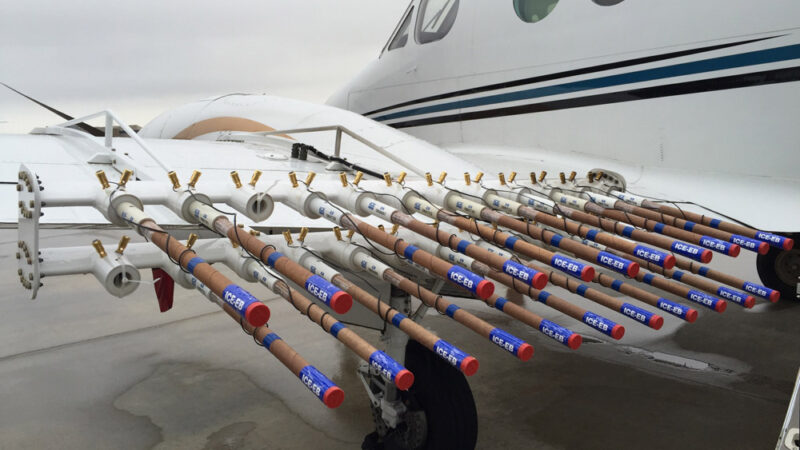Steps Forward: Holding Cloud Seeding Accountable

Part 4: Steps Forward: Holding Cloud Seeding Accountable
Demanding Notification and Transparency
The current cloud seeding program in Idaho potentially infringes on private property rights, yet residents are not provided the option to opt-out or even notified before spraying occurs. It’s high time for Idaho to adopt responsible measures seen in other states, such as public hearings and publishing notifications in newspapers at least two weeks prior to the start of the program. Shockingly, Idaho lacks such public notification services, leaving citizens in the dark about activities that could impact their health and property.
Following Montana’s Responsible Model
Our research highlighted Montana’s commendable approach to cloud seeding, serving as a model of transparency, accountability, and regulation. Our bill aimed to replicate their method by implementing clear notification, permitting, licensing, and liability provisions for cloud seeding operators.
These recommendations are not just reasonable but necessary for building public trust in the cloud seeding program. By adding these provisions to HB 266, we have taken a step towards ensuring that cloud seeding operators bear some of the liability for their activities.
Time for Action
It’s time for every Idahoan to question why our state is allowing such risky experimentation without adequate safeguards. We urge you to spread the word and take action to hold our legislature accountable for implementing responsible and transparent cloud seeding practices.
Find a Weather Modification Generator or Flight Path Near You:
For more information on weather modification generators or flight paths near you, please visit the following link: Weather Modification Generator and Flight Path Locator.
Budget
Proposed FY2024 Budget for the Secondary Aquifer Fund, Cloud Seeding: $7M. Cigarette tax proceeds contribute to the totals listed here, highlighting the significant investment in this experimental program.
- The Idaho Legislature has authorized the creation of “weather modification districts” that can levy up to 4 mills in property taxes to fund weather modification activities. This is outlined in Idaho Statute 22-4302.3
- The Idaho Water Resources Board (IWRB) and Idaho Power Company (IPC) collaborate on cloud seeding programs in Idaho, with the IWRB overseeing the programs and IPC providing the majority of the funding.
- According to the presentation slides, the “Collaborative Cloud Seeding Program” in Idaho has an estimated annual operations cost of $3,995,000. This covers projects in the Boise River Basin, Wood River Basin, Payette River Basin, and Upper Snake River Basin.5
- The state of Idaho has provided around $14,050,000 in total funding contributions to support the development and analysis of these weather modification programs over the past several years.5
What You Can Do:
- Call or Write Your Representative: Reach out to your representative and express your concerns. Encourage them to support responsible cloud seeding practices. The bipartisan support our bill received is encouraging, and your voice can make a difference.
- Sign the Petition: If you’re concerned about cloud seeding operators receiving special liability protections and want to see responsible testing practices, sign our petition to make your voice heard.

Want to Learn More?
NOAA weather modification reports often include maps showing the locations of generators used to disperse chemicals. Reports from Idaho Power, Let it Snow (owned by Marty and Conni Owen), Weather Modification Inc., and others can be found here.
Conclusion
As Idahoans, we must demand accountability and transparency from our legislature regarding the cloud seeding program. It’s crucial to implement responsible practices that protect our health, property, and environment. Take action today to ensure that our state prioritizes public safety and well-being over risky experimentation.
MORE RESEARCH




